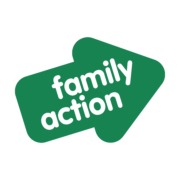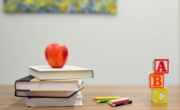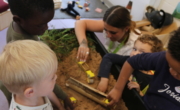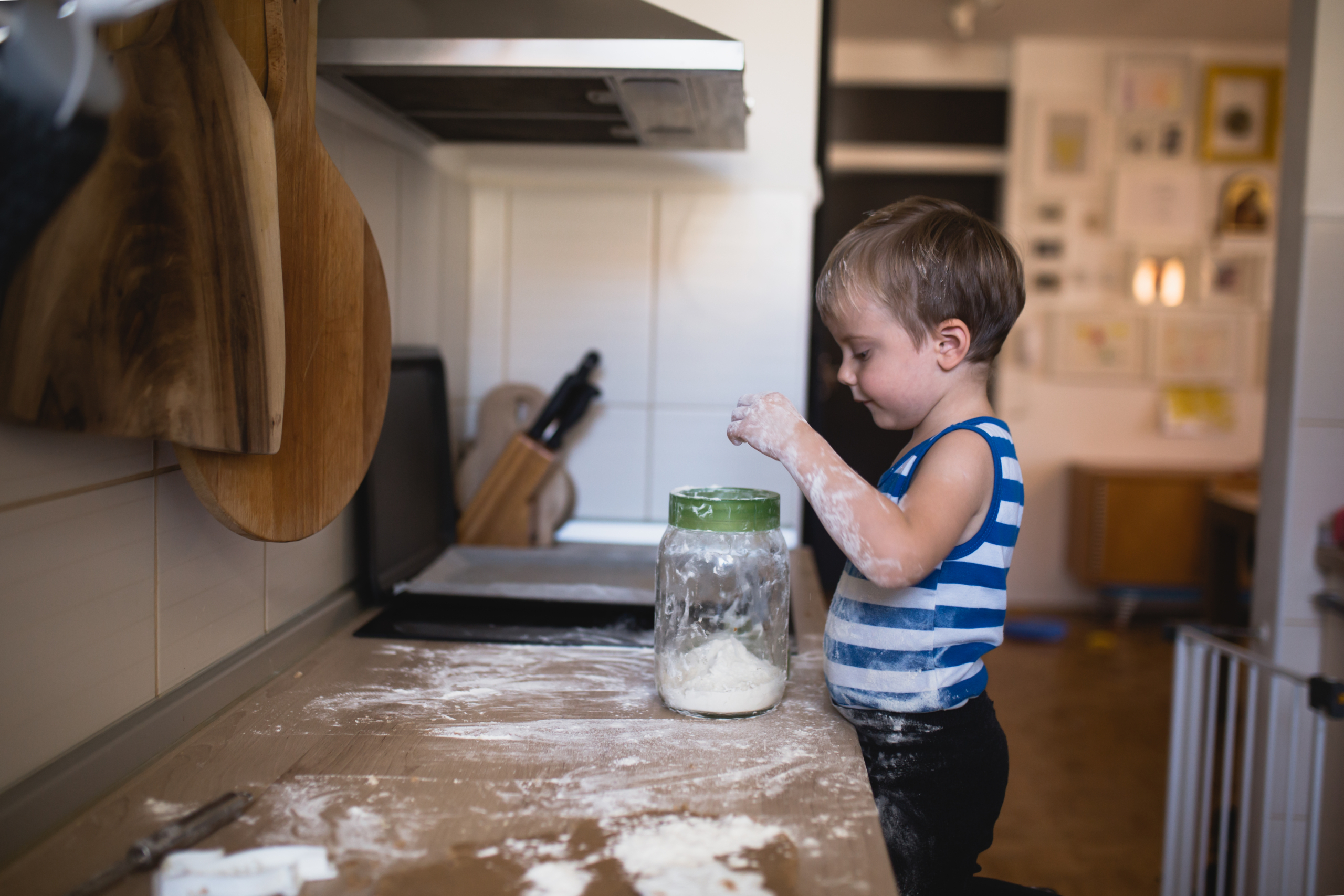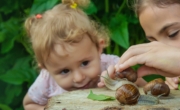Build a day of wonderous water play using this handy guide full of useful tips.
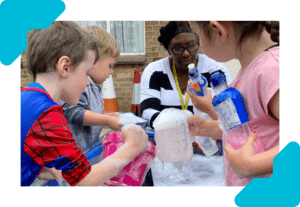 What is it?
What is it?
Available to any house with running water, water-based activities can be deeper than you might think (no pun intended) and can easily keep kids engaged for an afternoon.
This sounds like a lot of hard work… Convince me it’s worth it!
- If you’ve ever had trouble getting your children into the bath before bed this is a great way of sneaking a wash in when they’re not looking
- There’s next to no cost involved
- Although it’s messy water essentially cleans itself up if you take the activity outside
- If you wear dirty clothes or ones that need washing you’ve done half the job of washing them already by the time the activity’s done!
Preparation.
- A bath is the easiest place to set up water-based play, although in summer it can be rewarding to set up a paddling pool outside if the weather is warm enough, or even a washing up bowl
- A variety of bottles and containers can also come in handy such as old pots and pans, Tupperware or even old china mugs. Worried about children breaking the mugs? Take a look at our blog dealing with how to help children manage risk
What are my children secretly learning? (don’t tell them!)
- Bubbles allow for expression and creativity
- Pouring between bottles helps with hand-eye coordination and manual dexterity
- Children learn to understand the world by copying real world activities like washing, cooking and tea parties
Top Tips:
Here Pre-School Assistant Christine Bogle from our Peterborough pre-schools gives us a few do’s and don’ts regarding how to make the most of a water play session:
- You don’t have to overthink this activity… simply pouring water between different sized bottles and cups is useful for developing an understanding of the world, as well as different measures
- Try adding scents to water to make bottles of “perfume”
- You can add bubble bath to the water to make bubbles which can then be used for role play by adding beards and thick eyebrows or used to sculpt a snowy landscape. Let your child’s imagination lead you!
- Alternatively, you can add one part washing up liquid to six parts water to make your own bubble mixture. The tops of safety scissors can be used to blow bubbles through if you haven’t got any bubble wands to hand
- Introduce a teapot and cups into the mix so you can have a make-believe “tea party” using the water. A toy teapot is fine, but a real teapot and crockery provide a great opportunity to teach children about risk and consequence (we would avoid using your best plates though!)
- You can gather flowers, mud and other things found around the garden to make a “secret potion”. Consider discussing the magic effects of the potion to develop children’s imagination and communication. For a more practical solution you could cut up and add fruit such as lemons or oranges to clean water to make a tasty drink for later
- This activity is great for getting things done, as a giant tub of soapy water can be used to turn a task like washing the family bikes or washing dolly clothes and hanging them on the washing line into a fun activity
- If you ensure some of the jugs and bottles are measuring jugs with measurements on the side you can help children understand measures and even lay the foundations of understanding fractions – “these two bottles together fill up this big bottle”
- There’s nothing wrong with a little rambunctious play, as it allows children to develop resilience and social skills even if they argue (how else are they supposed to learn negotiation?), so don’t worry if there’s a little splashing, or even if a full-blown water fight develops! Water play is actually good for a whole family activity – especially on a warm day when everyone would like the chance to cool off
- The simplest form of this activity is simply getting out there and jumping, or even sitting, in muddy puddles! Try and relax – you can always use old clothes or wash the clothes later (and maybe make a game of that too)
- Don’t be afraid to let children explore different items than you might think – for example, children at our Peterborough Pre-schools love to take wooden blocks and construction bricks into our water play trays
- A fun game to play is to freeze a rugged children’s toy in ice using a cup and your freezer. Encourage your children to develop their problem-solving skills by trying to get them out

Find out more about Creating Happy Memories through play and the benefits it can bring to your child’s development.



